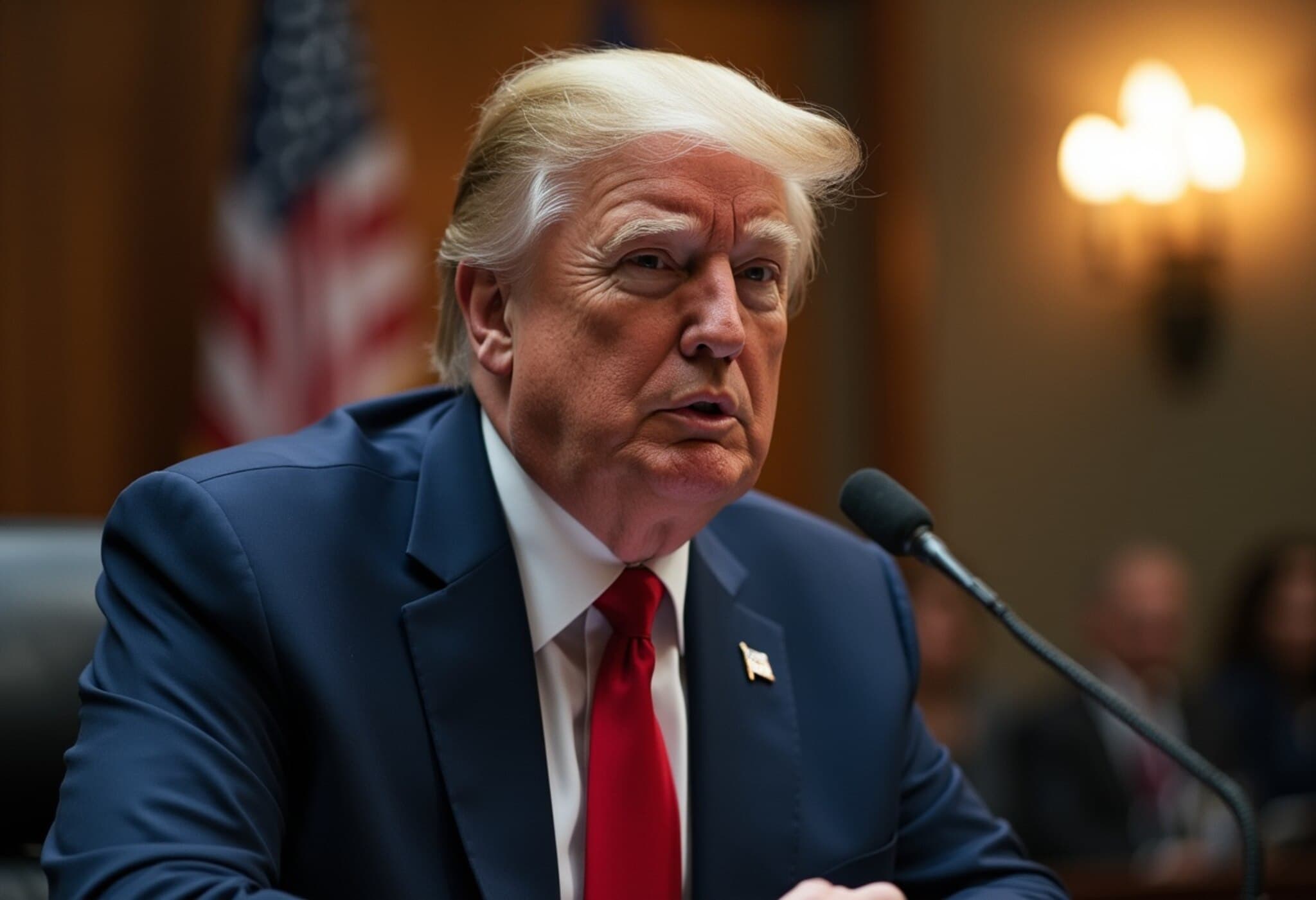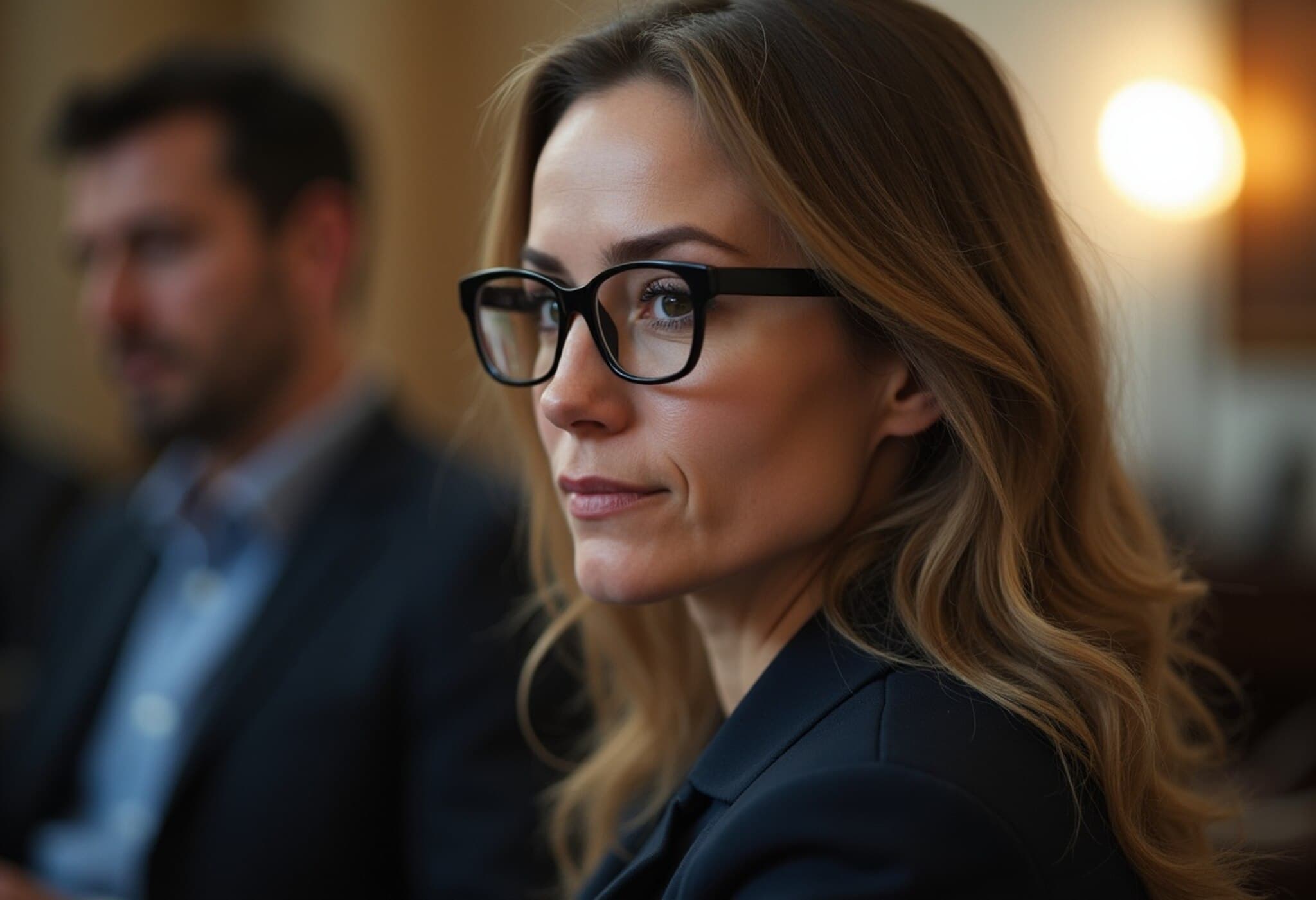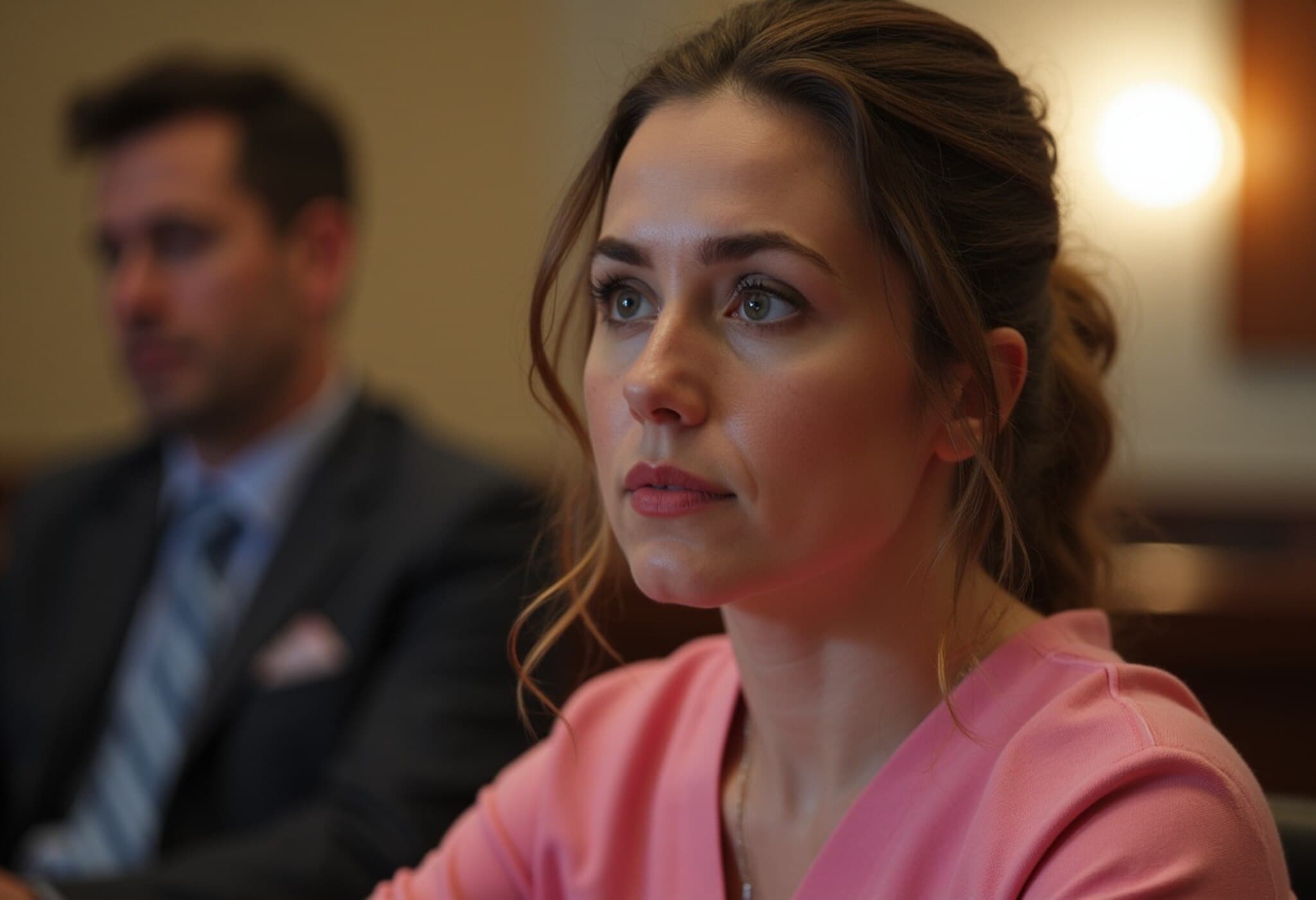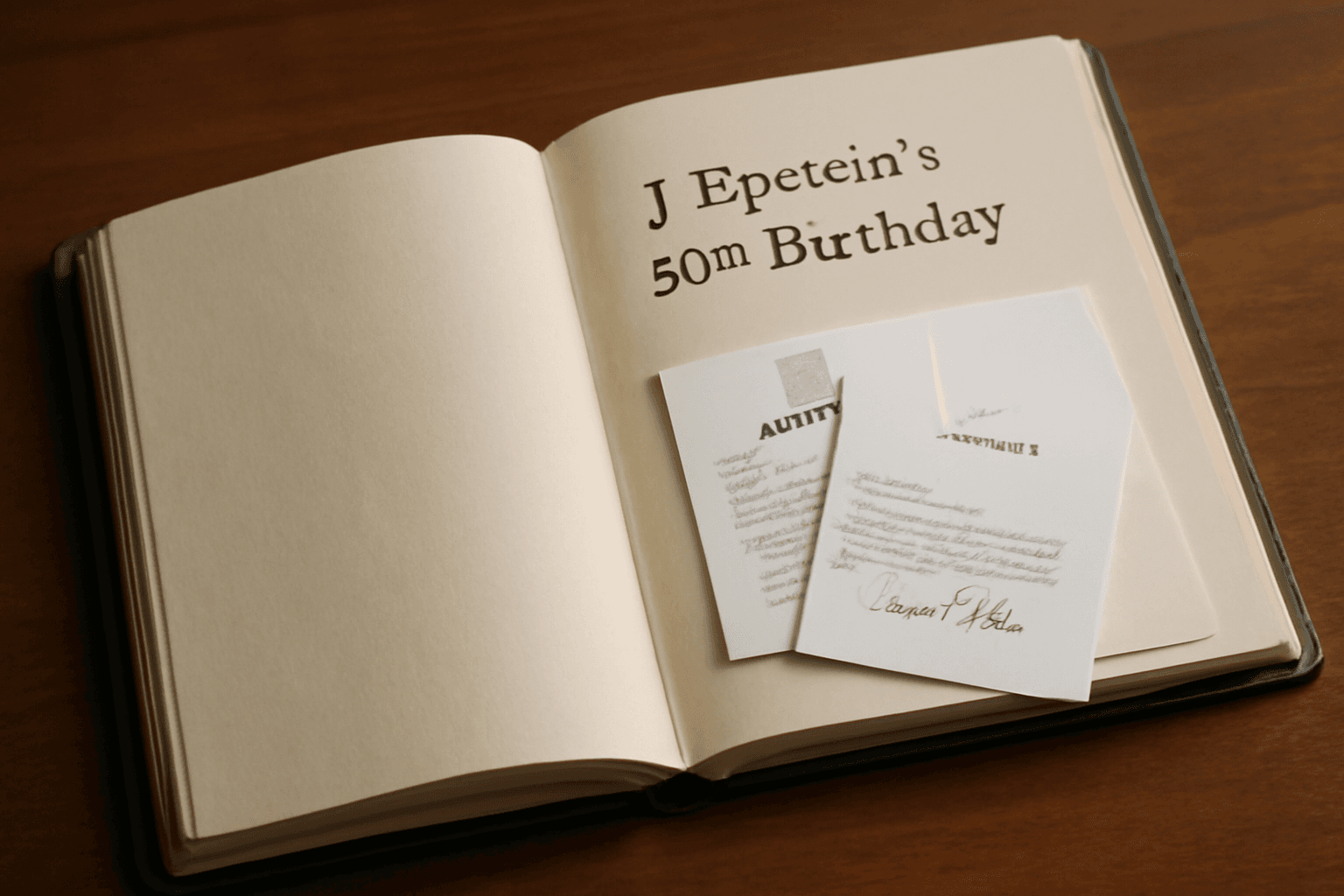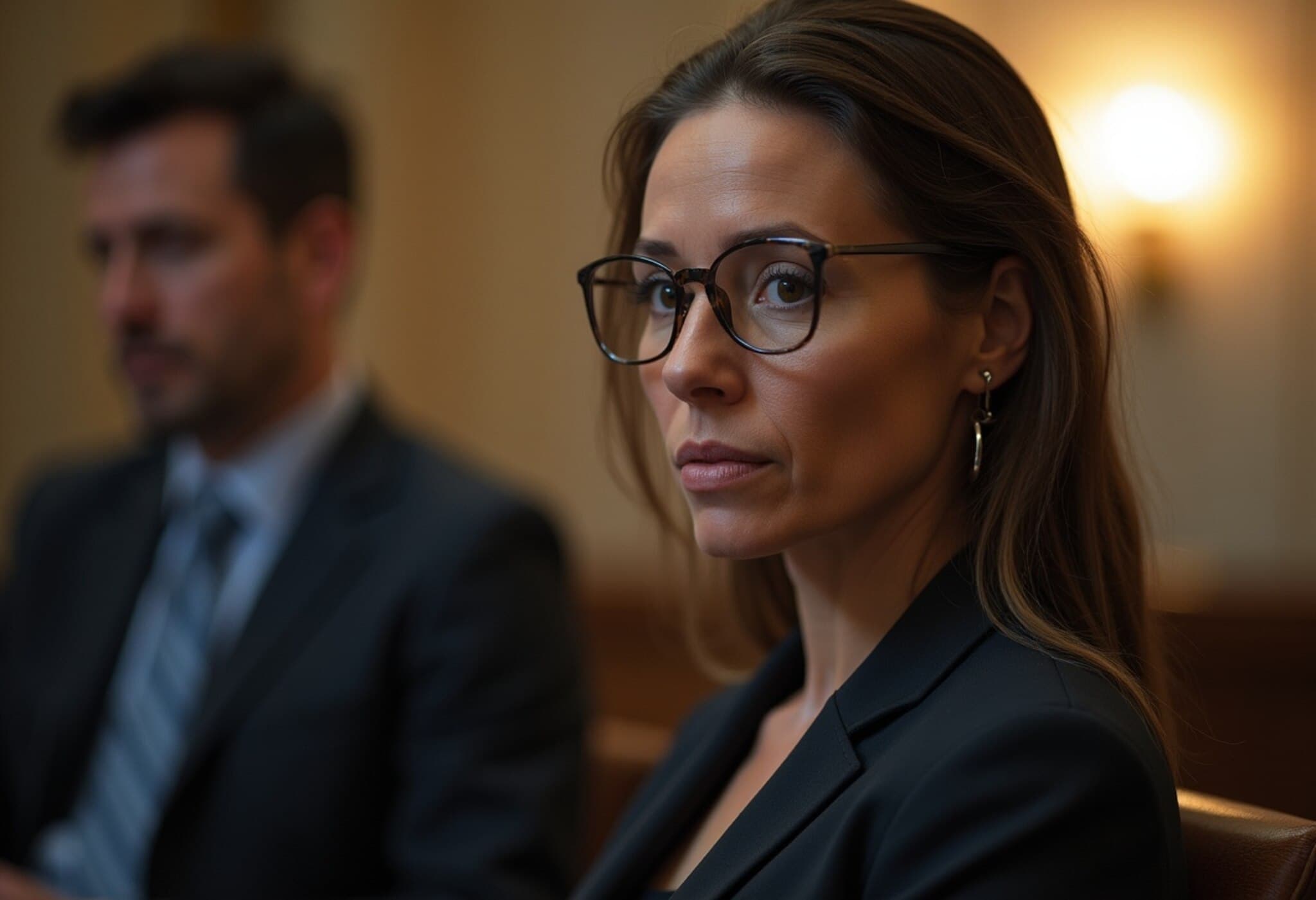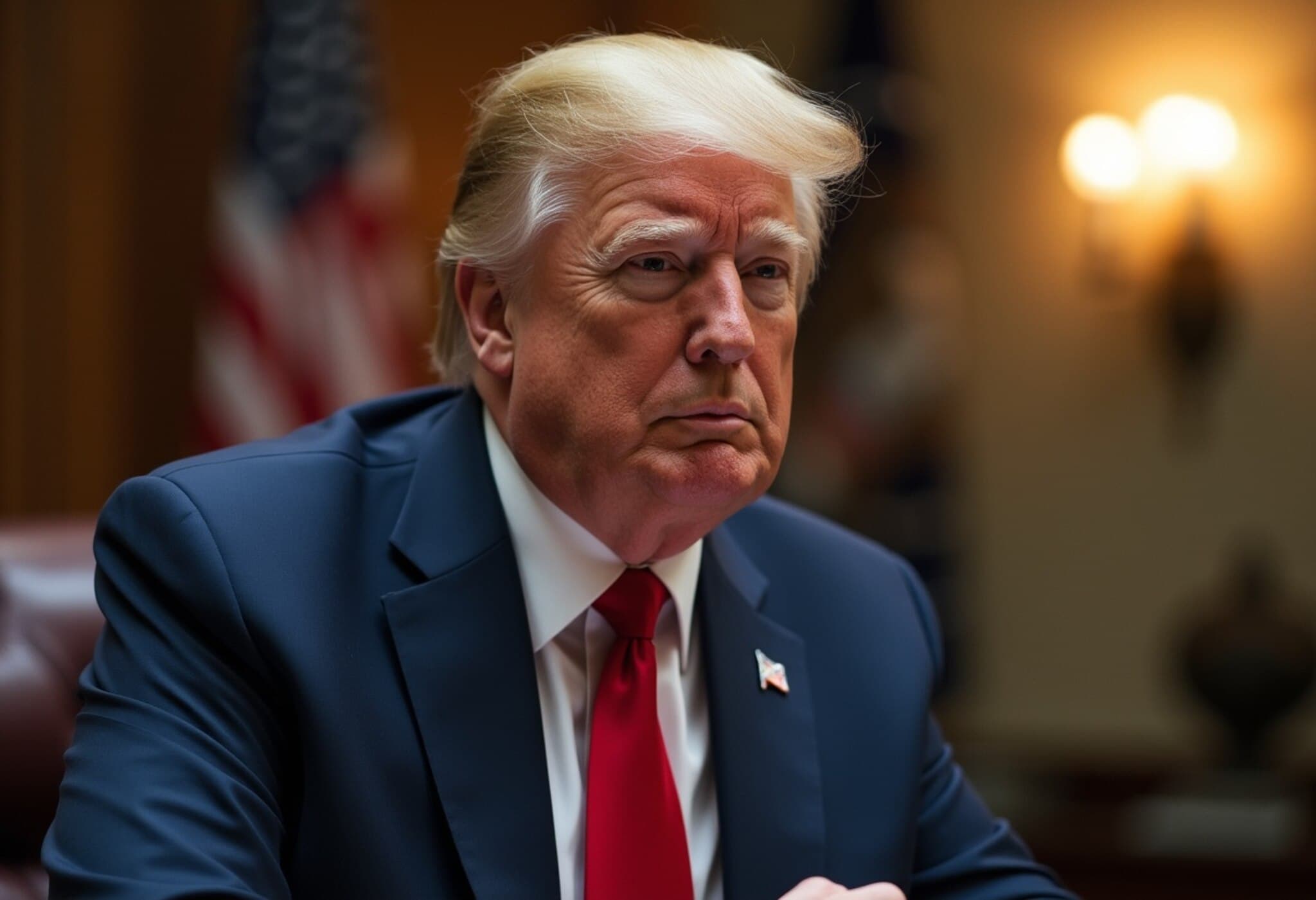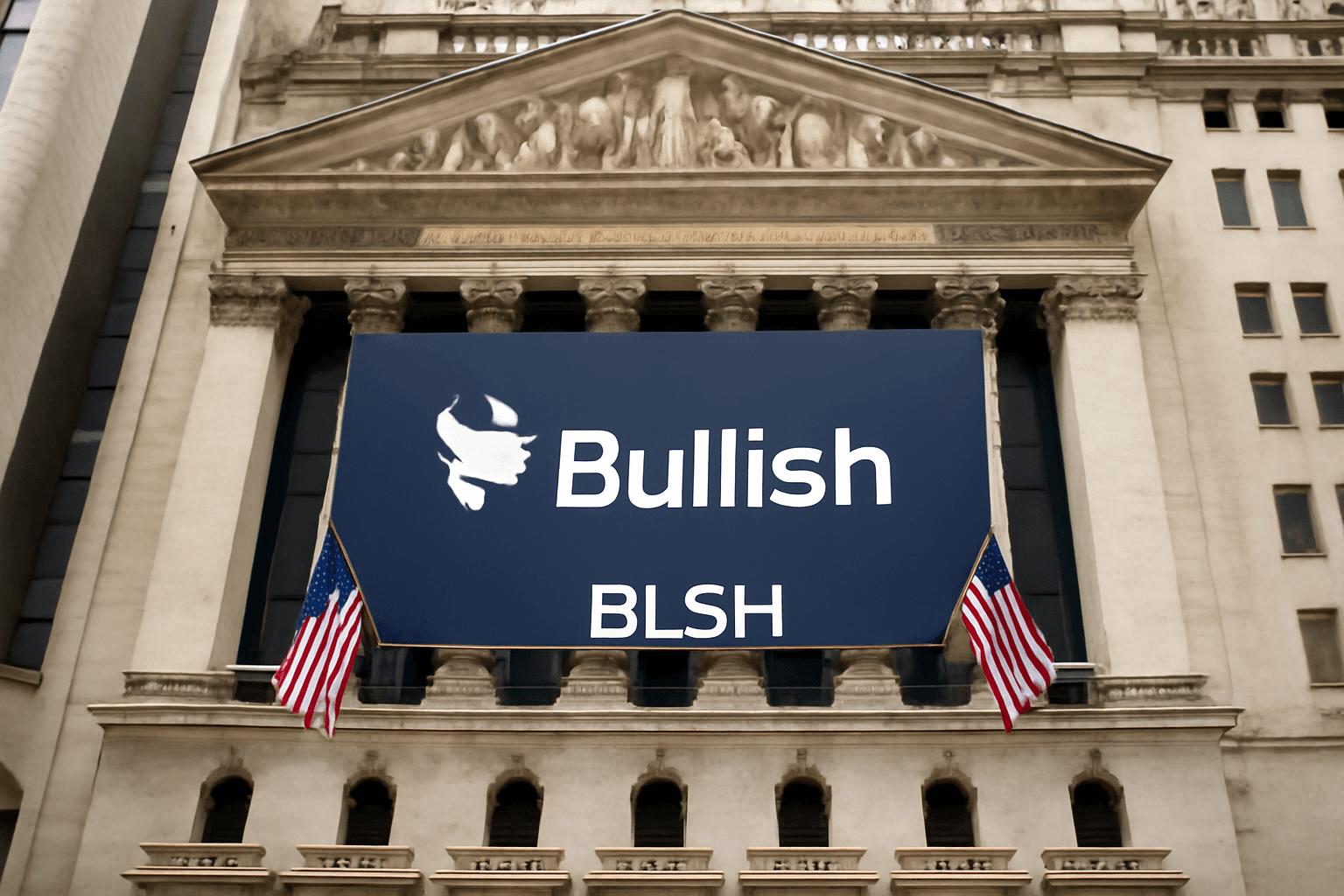Justice Department Requests Unsealing of Epstein and Maxwell Grand Jury Transcripts
In a significant development surrounding the high-profile criminal cases of Jeffrey Epstein and Ghislaine Maxwell, the U.S. Department of Justice (DOJ) formally petitioned federal courts on Friday to unseal grand jury transcripts related to their proceedings. This move comes amid mounting public demand for transparency regarding the investigations into the notorious sex trafficker and his convicted associate.
Presidential Directive Sparks DOJ Action
The DOJ’s request followed a direct instruction from former President Donald Trump, who, just a day earlier, urged Attorney General Pam Bondi to “produce any and all pertinent Grand Jury testimony, subject to Court approval.” Trump positioned this step as an effort to dispel ongoing partisan disputes and quell pressures from some of his supporters seeking the release of the so-called 'Epstein files.' In a post on Truth Social, Trump condemned what he called a “SCAM, perpetuated by the Democrats,” emphasizing his desire for the matter to be resolved swiftly.
Background: Epstein and Maxwell’s Legal Legacy
- Jeffrey Epstein was a financier and convicted sex offender who exploited underage girls for decades, culminating in a federal investigation following his 2019 arrest. He died by suicide in jail shortly after being detained.
- Ghislaine Maxwell, Epstein’s longtime confidant, was convicted in 2021 for her role as a recruiter and facilitator of trafficking young girls, and she is currently serving a 20-year federal sentence in Florida.
DOJ Cites Public Interest and Commitment to Transparency
Deputy Attorney General Todd Blanche emphasized the intense public interest following a previous DOJ memo which stated no further Epstein case files would be disclosed after an exhaustive review. In court filings submitted in Manhattan federal court, Blanche acknowledged this interest and reiterated the department’s dedication to transparency.
However, the DOJ’s motion to unseal transcripts also stresses the necessity of safeguarding sensitive details, noting that any released materials will be subject to redactions protecting victim identities and other private information. Blanche’s filings indicate a parallel request will be made in federal court in southern Florida, where Epstein had pleaded guilty in 2008.
Potential Impact and Unanswered Questions
Legal experts suggest this move could shed light on previously undisclosed aspects of the investigations, offering the public a rarer glimpse into grand jury deliberations that typically remain sealed to protect witness privacy and investigative integrity.
Yet, questions linger about the scope and nature of the information to be made public, especially given the sensitive nature of the crimes and the ongoing debates about balancing transparency with victim protection. Moreover, the political undertones surrounding the release directive invite scrutiny about the interplay between legal processes and partisan agendas.
Related Legal Developments: Trump’s Defamation Suit
On the same day as the DOJ’s filing, Trump initiated a defamation lawsuit against media mogul Rupert Murdoch and several reporters from The Wall Street Journal. The suit stems from reports referencing a 2003 birthday letter to Epstein that included a provocative message purportedly signed by Trump—a claim he has denied.
The convergence of these legal maneuvers highlights the persistent public fascination and controversy surrounding Epstein’s network and its broader implications for media, politics, and justice.
Editor’s Note
The DOJ’s request to unseal grand jury transcripts marks a pivotal moment in the Epstein-Maxwell saga, promising greater transparency yet raising complex questions about judicial discretion and victim privacy. How the courts balance these competing interests will be critical, as will the political context shaping these releases. This unfolding chapter underscores the broader challenge of ensuring accountability in high-profile criminal cases without compromising the dignity and rights of those affected.

